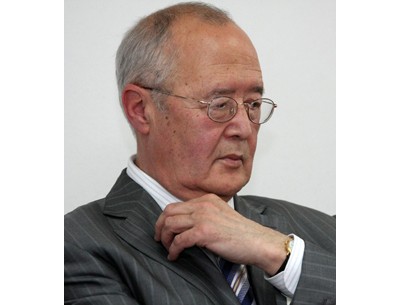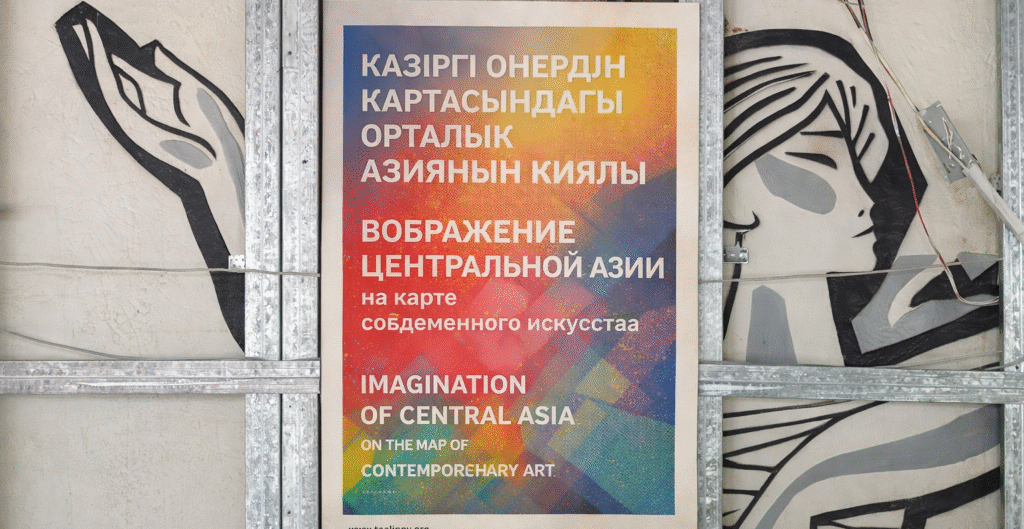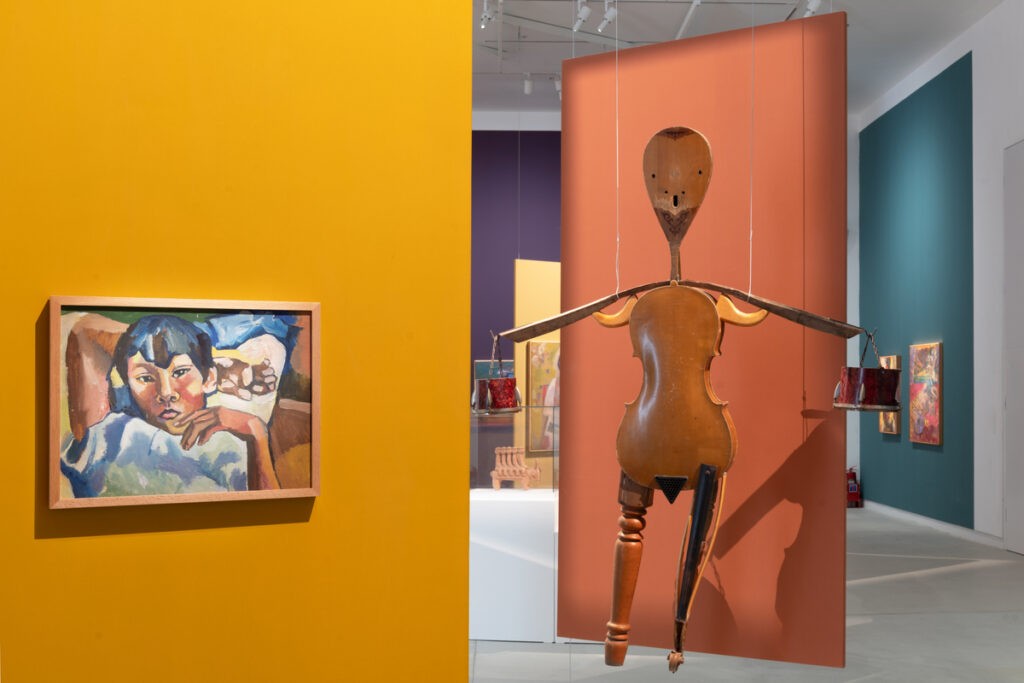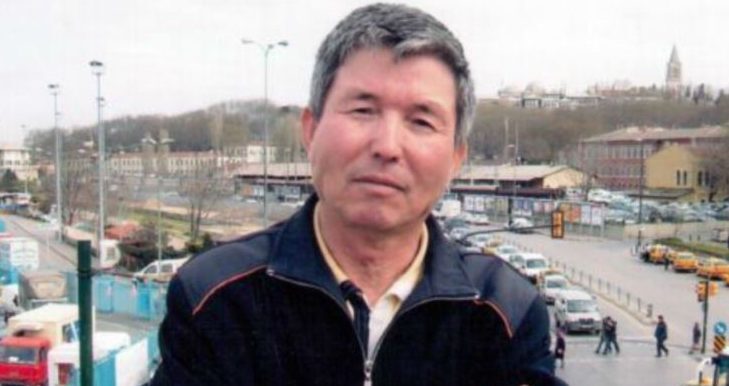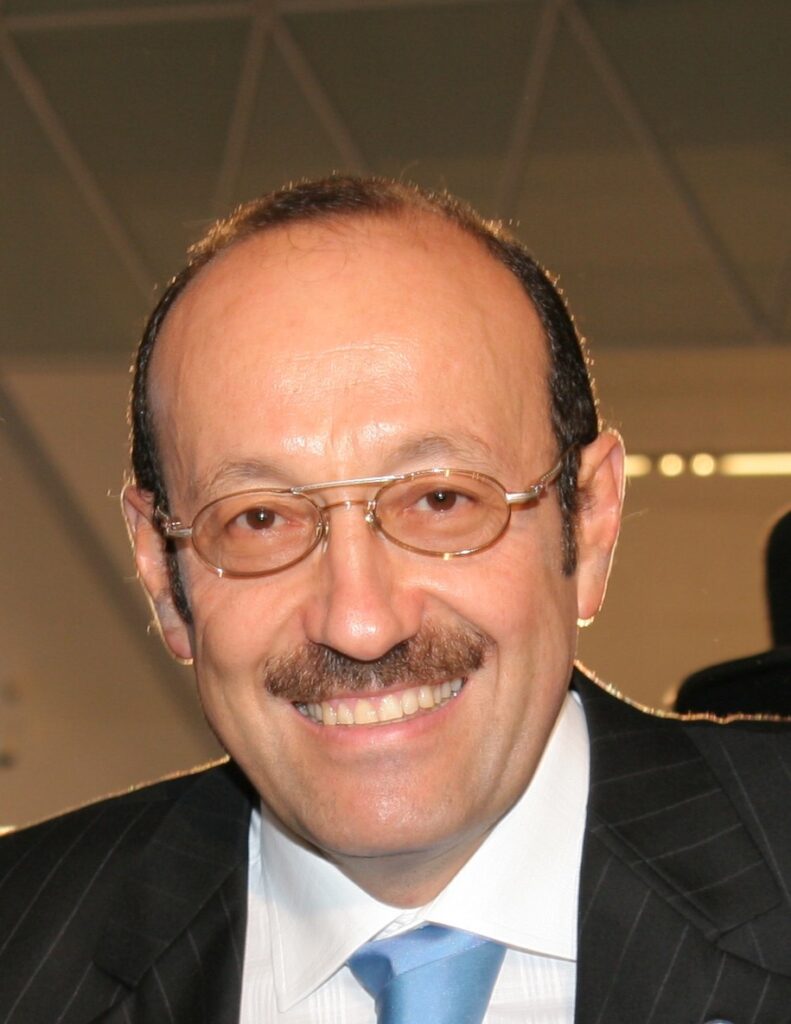Murat Auezov was a champion of Kazakh identity and culture under Soviet rule and threw himself into Kazakhstan’s transformation after independence in 1991. He wore many hats over a long career: writer, the new country’s first ambassador to China, opposition figure, head of the national library, chief editor of the state Kazakhfilm studio.
He expanded on the legacy of his father, Mukhtar Auezov, a playwright and novelist who translated literary classics into the Kazakh language and is celebrated today as an early contributor to an emerging national identity. His mother was Fatima Gabitova, a teacher with her own story of persecution during the Soviet era.
Murat Auezov, 81, died on June 14 after an illness, prompting tributes from President Kassym-Jomart Tokayev and many others. In Almaty, family, friends, politicians and government officials were among hundreds of people who attended a funeral service at the National Drama Theater, which is named after Auezov’s father.
Murat Auezov was “an orator, a philosopher, a historian, a culturologist, a literary scientist, an educator, and a diplomat,” said Bigeldy Gabdullin, president of the Kazakh PEN Club, a branch of the international group that promotes freedom of expression. Auezov, who was a PEN Club member, promoted Kazakh identity even as a student in Moscow during Soviet times and “awakened Kazakh writers,” Gabdullin said on Facebook.
In the 1960s, Auezov was a member of the Zhas Tulpar movement, a loose-knit group of Kazakh youths who studied in Russian universities but whose devotion to Kazakh art, literature and culture often collided with Soviet ideology.
“I hope his diaries will be published in English to reflect on the depth of Soviet colonialism and how it crushed people,” Diana Kudaibergen, a political sociologist whose books include Rewriting the Nation in Modern Kazakh Literature, said on the X platform.
Auezov, who was pressured and monitored by Soviet authorities, was among the first Kazakh intellectuals to talk openly about collectivization, famine and the destruction of the intelligentsia in Kazakhstan in the first half of the 20th century.
“In 1974, in his speech at the plenum of the Writers’ Union, he stated: ‘Without covering the topic of hunger, we cannot say that we have national literature,’” read one tribute after his death.
In the 1990s, Auezov was a leader of the Azamat opposition movement and sparred with the government of President Nursultan Nazarbayev, who cracked down on dissent. He then worked as head of the Kazakh branch of the foundation created by financier and philanthropist George Soros to promote democratic and social reforms around the world.
As ambassador, Auezov promoted economic and cultural ties with China. Years later, though, he increasingly voiced alarm at Chinese economic inroads in Kazakhstan, which he viewed as a threat to the country’s sovereignty.
In an interview, he said, “we should not forget our Turkish ancestry. No matter how difficult it is for the brotherly countries of Central Asia, it is better to achieve cooperation, even if it is necessary to make sacrifices. If we cannot achieve this, it is quite possible that we will fall into the mouth of the giants.”
